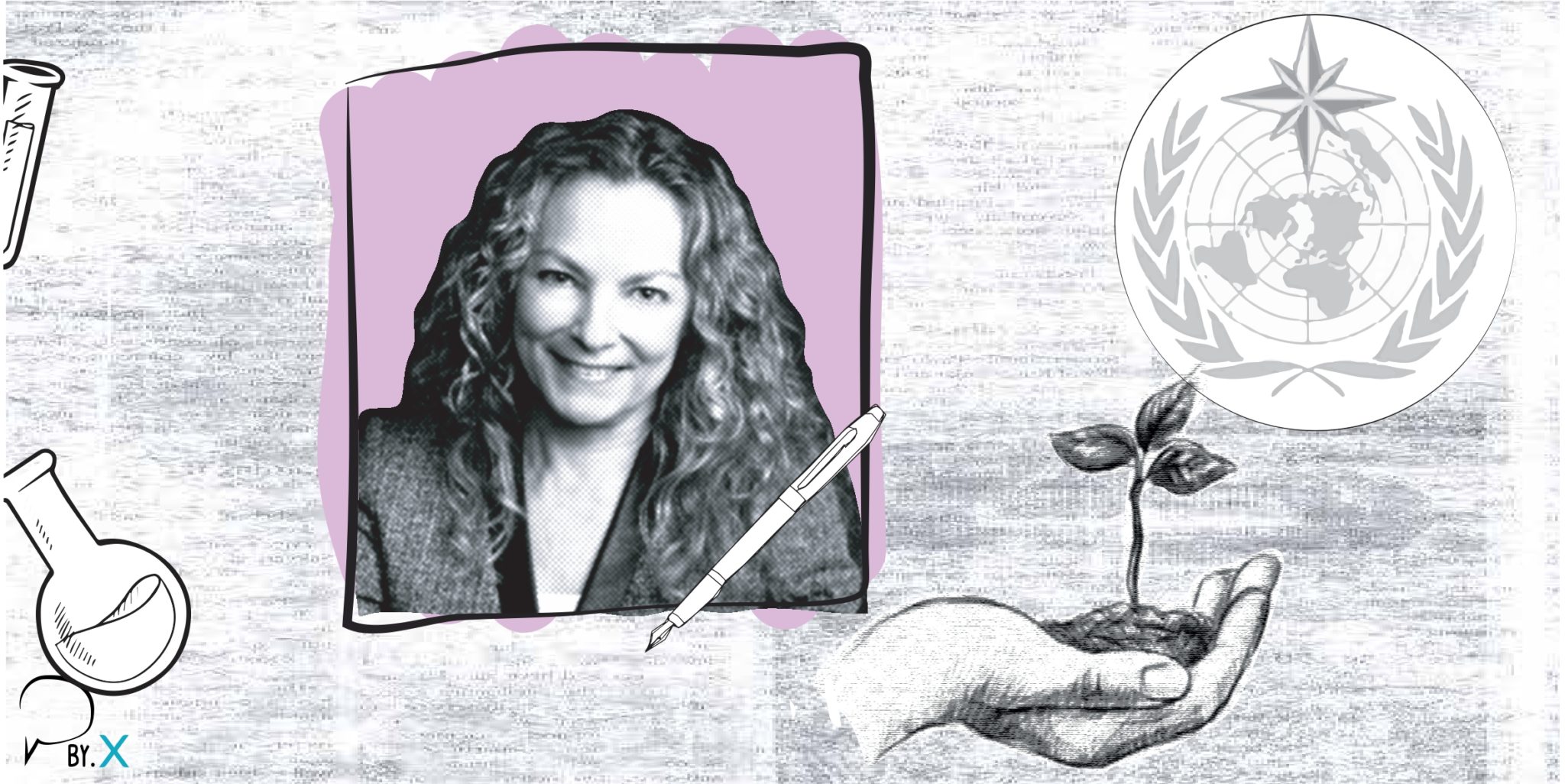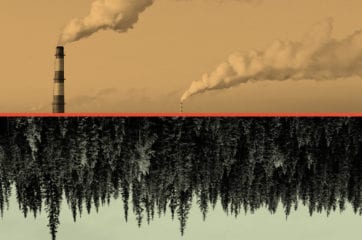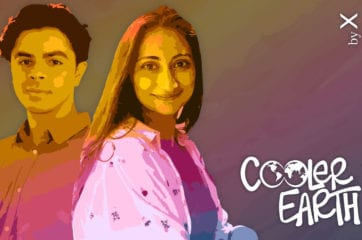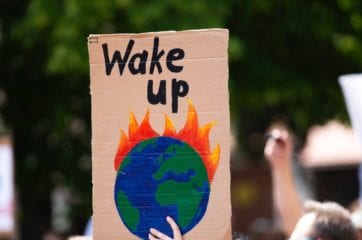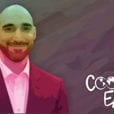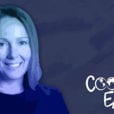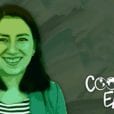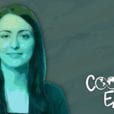“When people say human caused climate change is just a theory, I tell them well gravity is just a theory too, but if you fall off a cliff, you’re going down.”
Susan Joy Hassol is the Director of Climate Communication, a non profit organization aimed at assisting scientists and journalists in communicating climate change effectively and efficiently. She has built a career around the question of how to best communicate climate change, including broad outreach as well as one-on-one coaching. She brilliantly identified the schism between scientific communication and every-day understanding of certain terms, which causes a lot of misunderstanding around climate change.
Susan started as a writer and communicator for the Aspen Global Change Institute, followed by an increasingly diverse portfolio including one-on-one coaching, running communication workshops, writing a documentary for HBO, serving as the Senior Science Writer for the National Climate Assessments, and a great deal of public outreach, including a wonderful TEDx talk.
This week on the podcast I spoke with her about why words and stories matter so much when telling the story of climate change, the most important story in our time. Language is spectacularly imprecise, and Susan’s goal has been to study and master how to – and how not to – use language to most effectively communicate climate science to a broad audience.
Good communication means “simple, clear messages repeated often by a variety of trusted sources”. Moreover, she emphasized the need to use stories, which are sticky and can stay with, and resonate more with people than simply stating the facts or data. Finally, Susan emphasizes the need to convey that we still have choices to make. Nothing is a given in the projections for future warming and its impacts. Our choices matter: “do you want just a few more days per year like the currently hottest day … or a month more?”
“Hope is an active verb; we need to work towards it. Being hopeful doesn’t just mean I’m optimistic that the future will be better. I do, but it is with a caveat, that we work for it and make intentional choices, and make them fast.”
Behind this episode:
ClimateTalk: Science and Solutions | Susan Joy Hassol | TEDxUMontana
HBO Documentary, Too Hot Not Too Handle
UnNatural Disasters, World Meteorological Organisation, Bulletin, Nov. 2016

